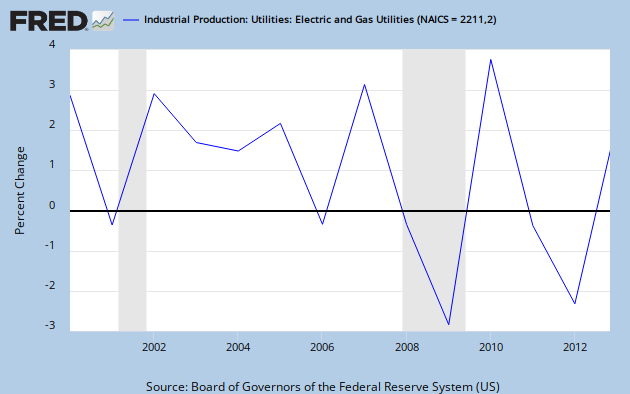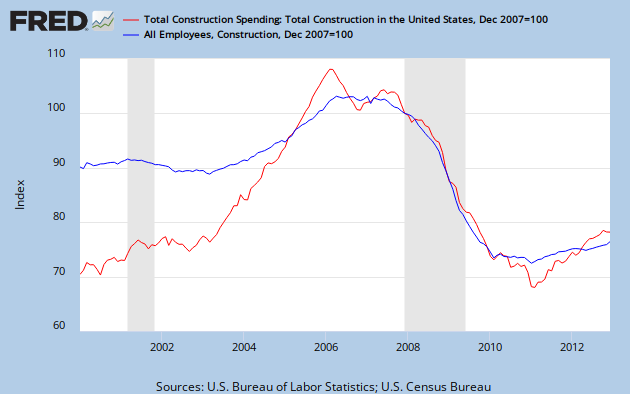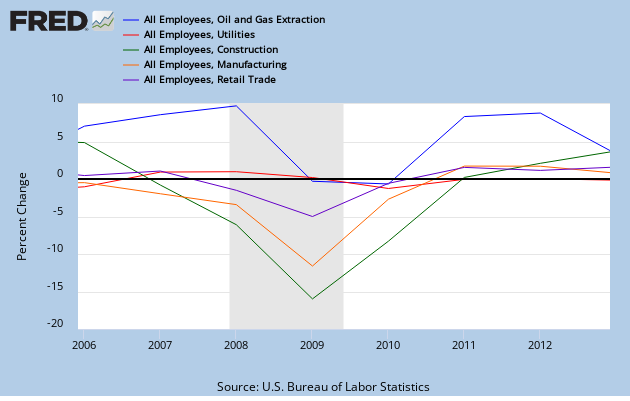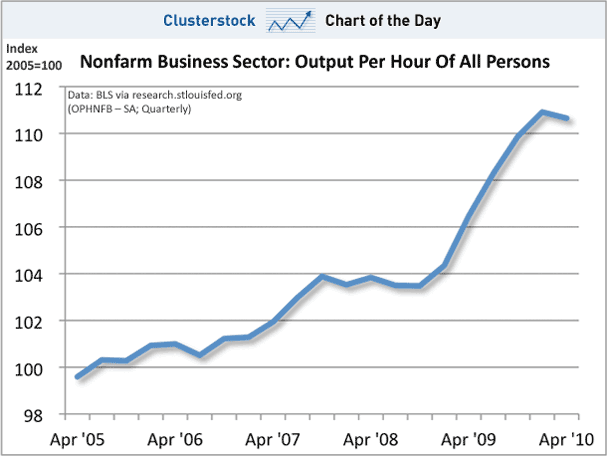- Joined
- Jan 2, 2006
- Messages
- 28,174
- Reaction score
- 14,270
- Location
- Boca
- Gender
- Male
- Political Leaning
- Independent
Malinvestment in higher orders of production means that employees have to shift from capital goods to consumer goods to meet the prevailing time interest. As long as government is trying to prop up an arbitrary time preference, unemployment will continue. The reason higher orders of production are affected more than lower orders is explained by Austrian Business Cycle Theory. It is the only theory that explains why capital goods are always hit harder in a recession than consumer goods.
ABCT is bunk, and lacks empirical support. Your hatred towards econometrics does not invalidate this fact.





